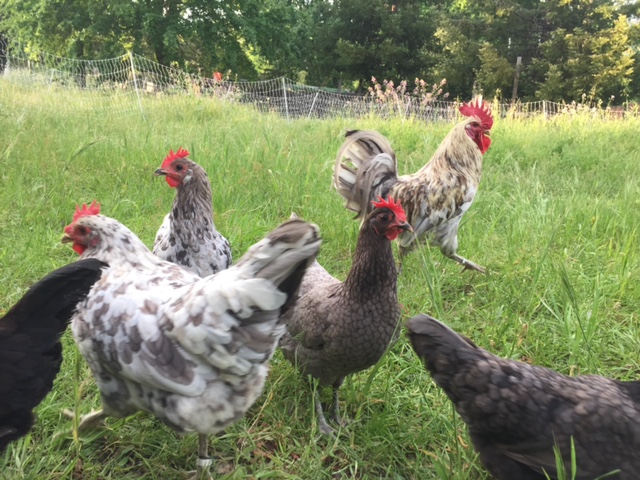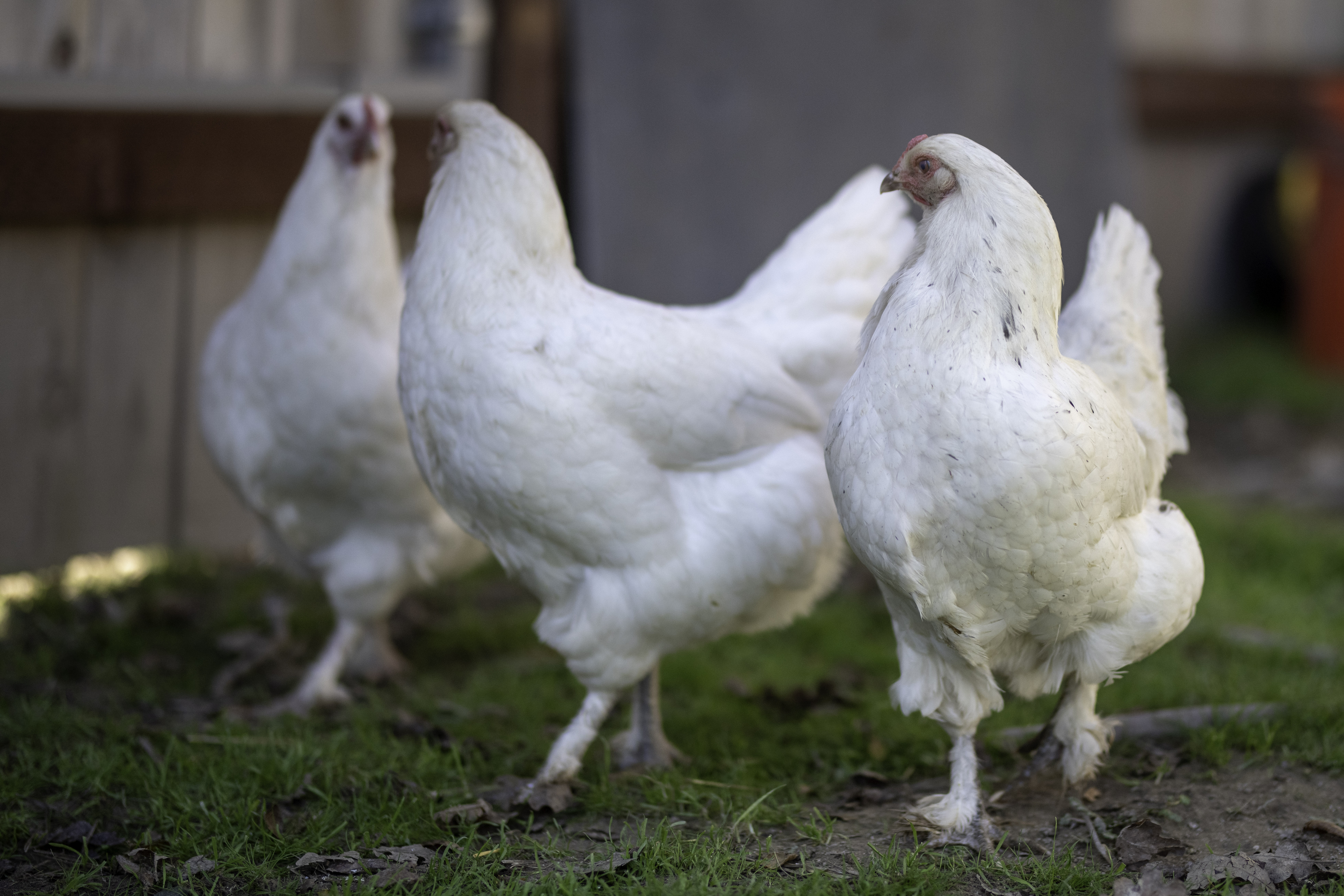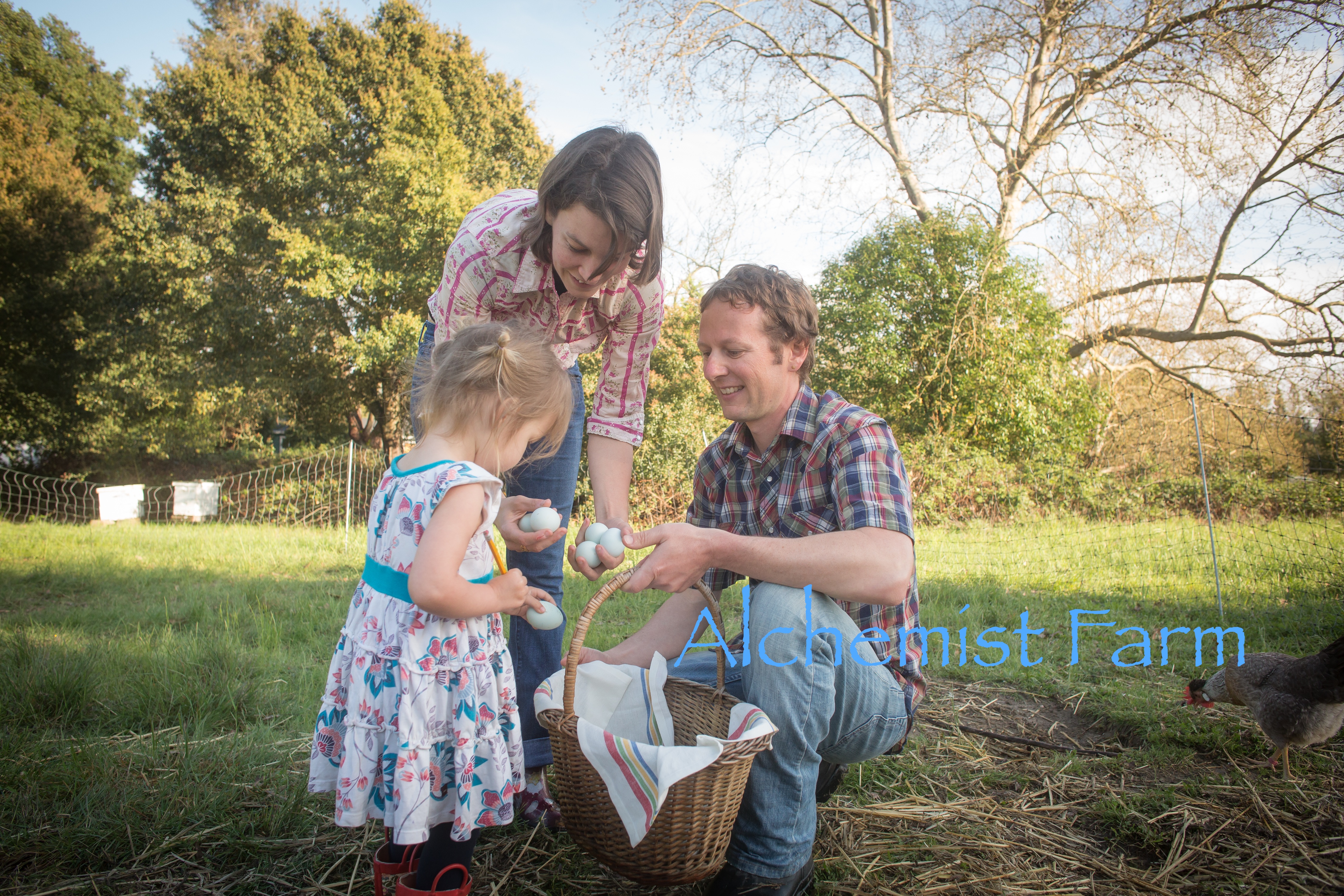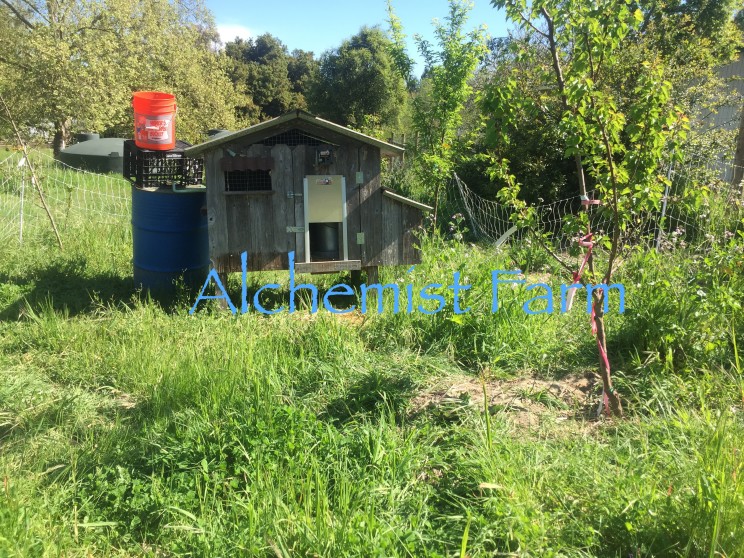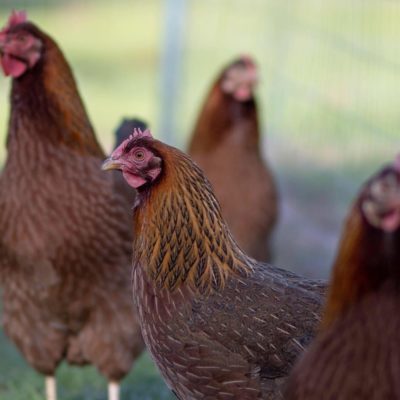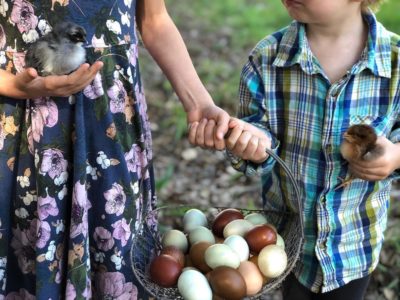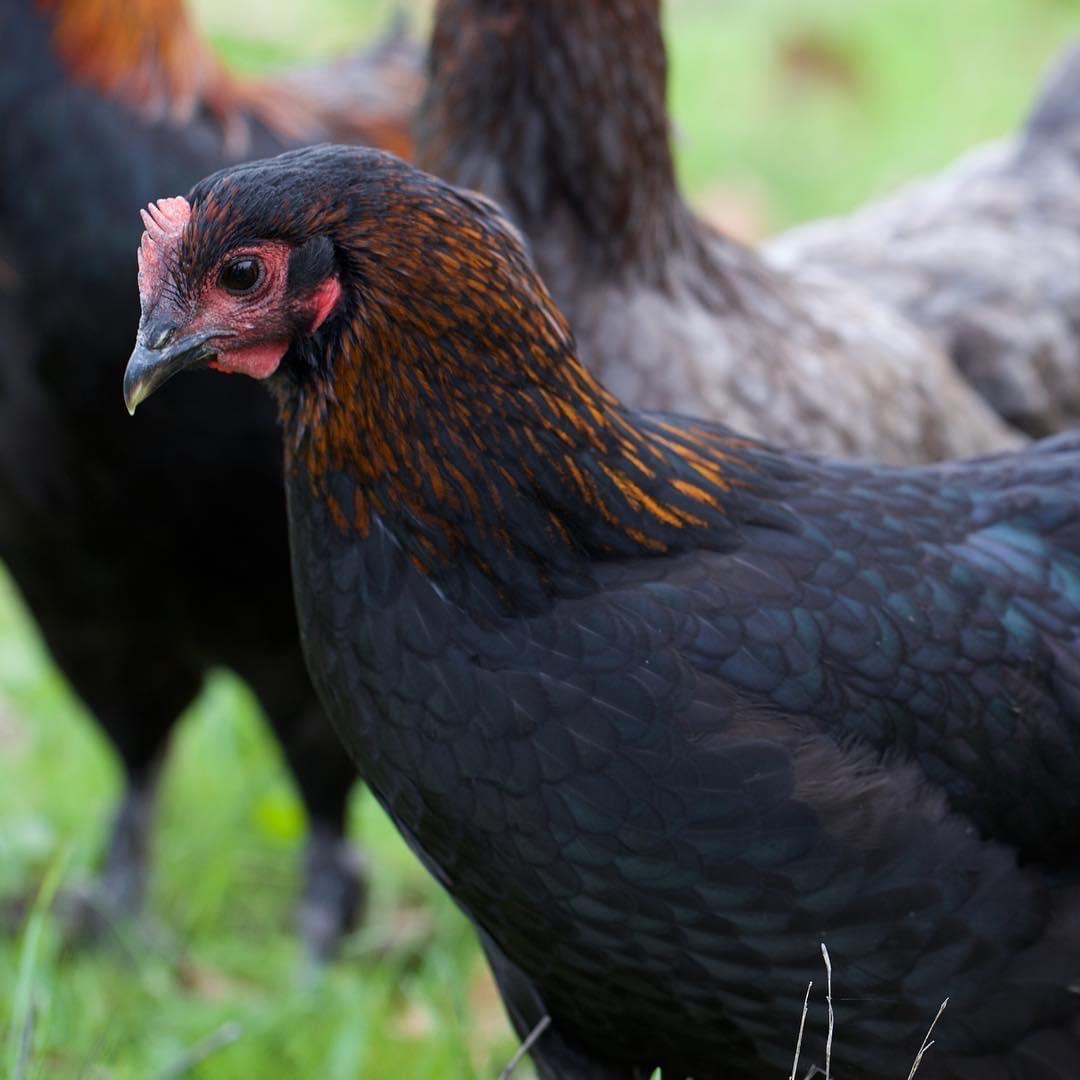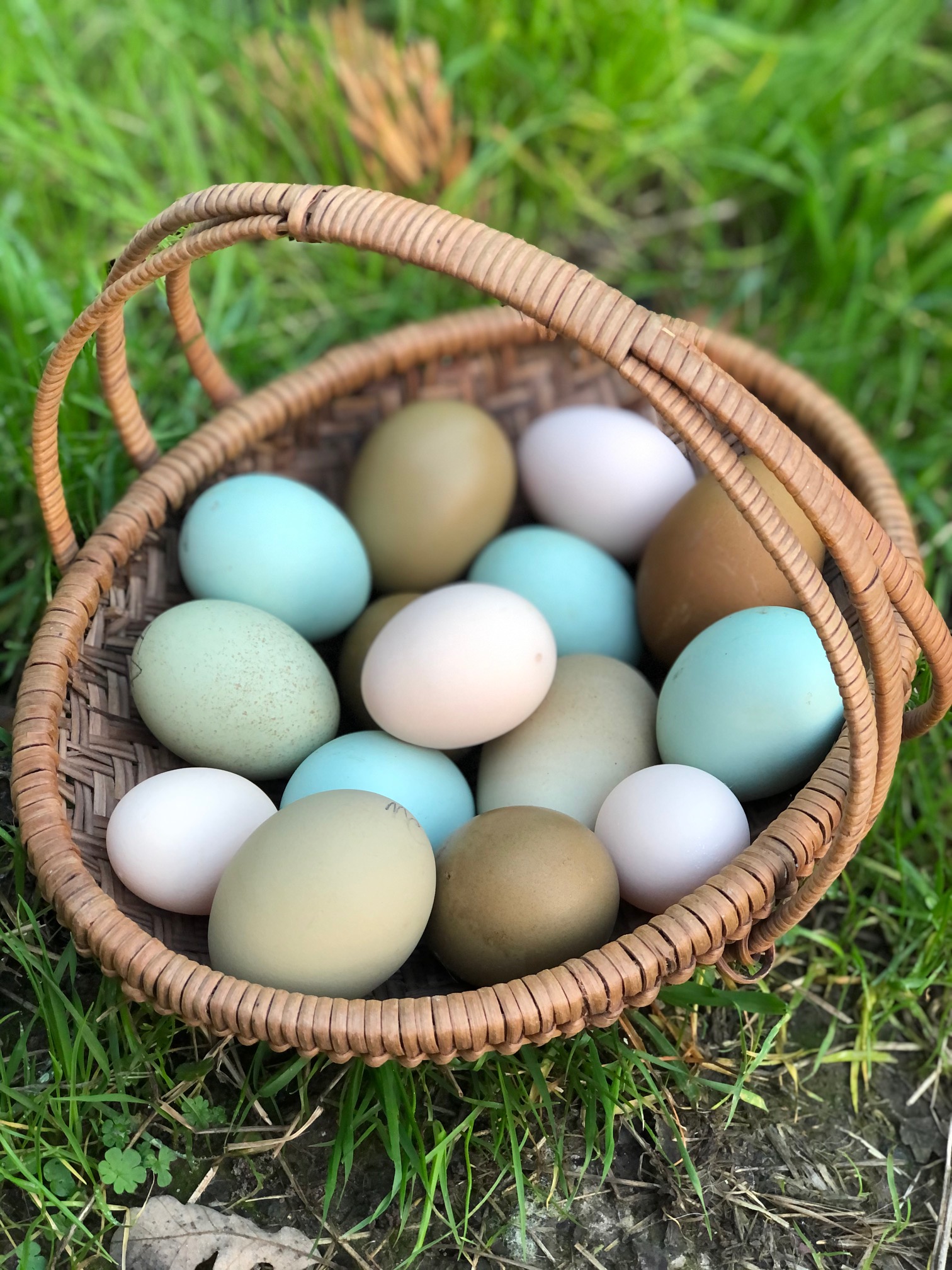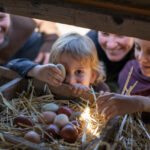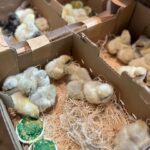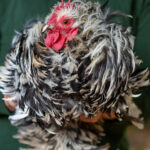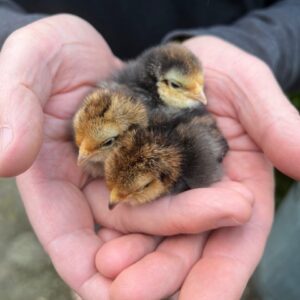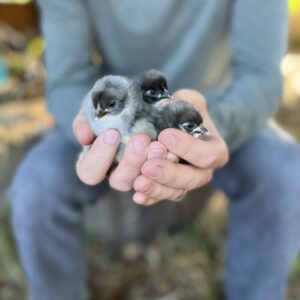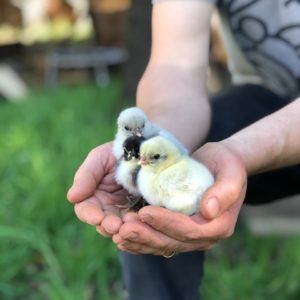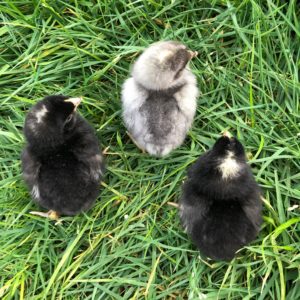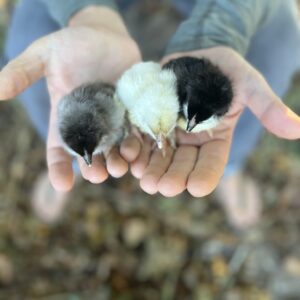Embarking on the journey of raising chickens can be an exciting and rewarding experience. However, for first-time chicken keepers, there are common pitfalls that can be easily avoided with a little knowledge and preparation. In this guide, we will outline the most common mistakes made by beginners and provide helpful tips to ensure a successful and enjoyable chicken-keeping venture.
- Insufficient Research and Planning
One of the biggest mistakes first-time chicken keepers make is diving into chicken ownership without adequate research and planning. It is crucial to educate yourself about chicken breeds, housing requirements, feeding, and healthcare needs. Take the time to understand local regulations and restrictions, and ensure you have a suitable coop and run setup before bringing chickens home. By investing time in research and careful planning, you will set the foundation for a thriving flock.
- Overcrowding the Coop
New chicken owners often underestimate the space requirements for their flock. Overcrowding the coop can lead to stress, disease, and aggressive behavior among the chickens. To avoid this, provide a minimum of 4 square feet of space per chicken inside the coop and at least 10 square feet per chicken in the outdoor run area. Adequate space promotes healthier chickens and minimizes conflicts within the flock.
- Neglecting Proper Ventilation
Good ventilation is crucial for maintaining a healthy coop environment. Poor air circulation can lead to the buildup of ammonia from droppings, which can cause respiratory issues. Ensure your coop has proper ventilation through windows, vents, or screened openings. This allows fresh air to circulate while removing excess moisture and odors, creating a comfortable and safe environment for your chickens.
- Inadequate Predation Prevention
Predators pose a significant threat to backyard chickens. First-time keepers often overlook the importance of predator-proofing their coop and run. Secure the coop with sturdy hardware cloth, bury wire mesh around the perimeter to deter digging predators, and reinforce doors and windows. Regularly inspect your setup to identify any weak points that need strengthening. Taking these precautions will help safeguard your flock from potential predators.
- Improper Nutrition and Feeding Practices
A balanced and nutritious diet is vital for the health and productivity of your chickens. First-time keepers may make mistakes such as overfeeding, underfeeding, or providing an imbalanced diet. Consult a poultry nutrition guide or seek advice from local experts to determine the appropriate feed for your chickens based on their age and purpose (meat or egg production). Supplement their diet with fresh greens, grit, and clean water to ensure optimal nutrition.
- Neglecting Biosecurity Measures
Biosecurity is crucial to prevent the spread of diseases among your flock. First-time chicken keepers often overlook the importance of implementing biosecurity measures. Limit visitors to your flock, practice good hygiene by washing hands and changing footwear before entering the coop, and quarantine new birds before introducing them to your existing flock. These practices will help minimize the risk of disease transmission and maintain a healthy flock.
- Ignoring Regular Health Checks
Regular health checks are essential to detect any signs of illness or parasites early on. New chicken keepers may neglect this aspect, leading to delayed identification and treatment of health issues. Take time to observe your chickens’ behavior, check for abnormalities, and perform routine checks for external parasites such as mites or lice. Establish a relationship with a local avian veterinarian who can provide guidance and professional care when needed. Make sure to have simple veterinary tools on hand such as BluKote to protect injuries if they arise.
